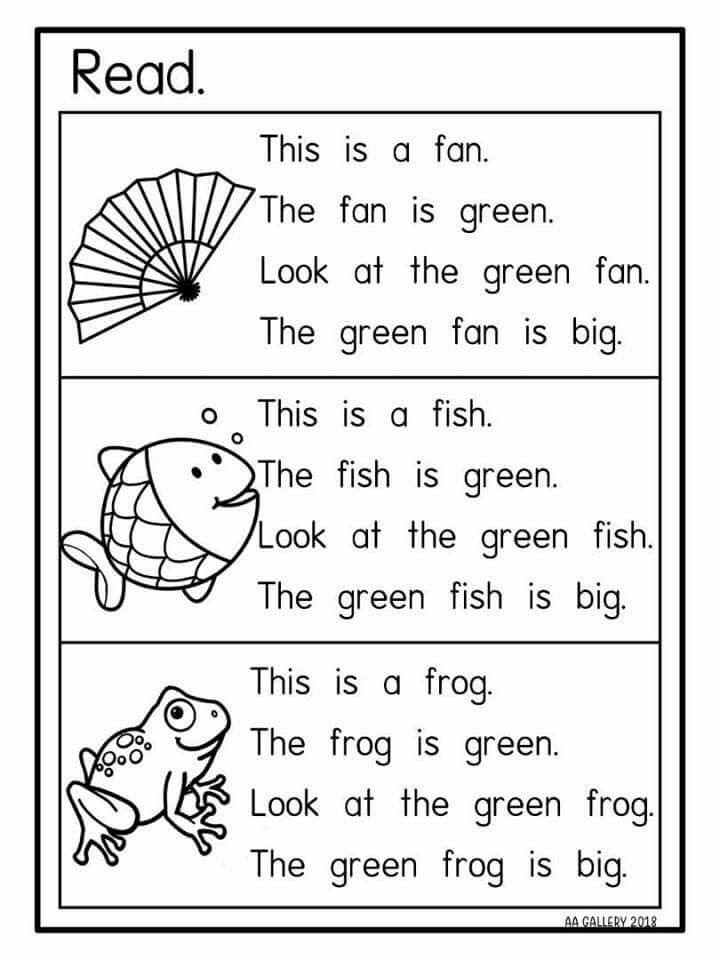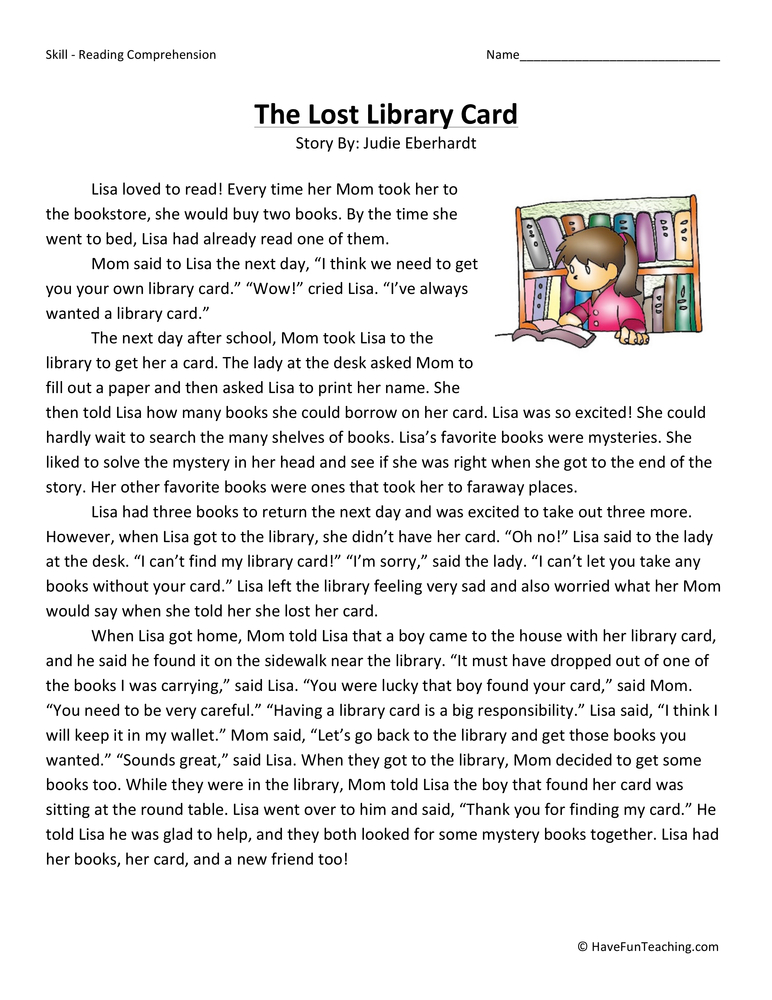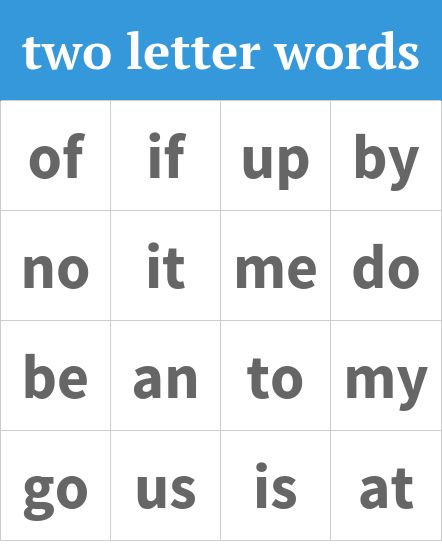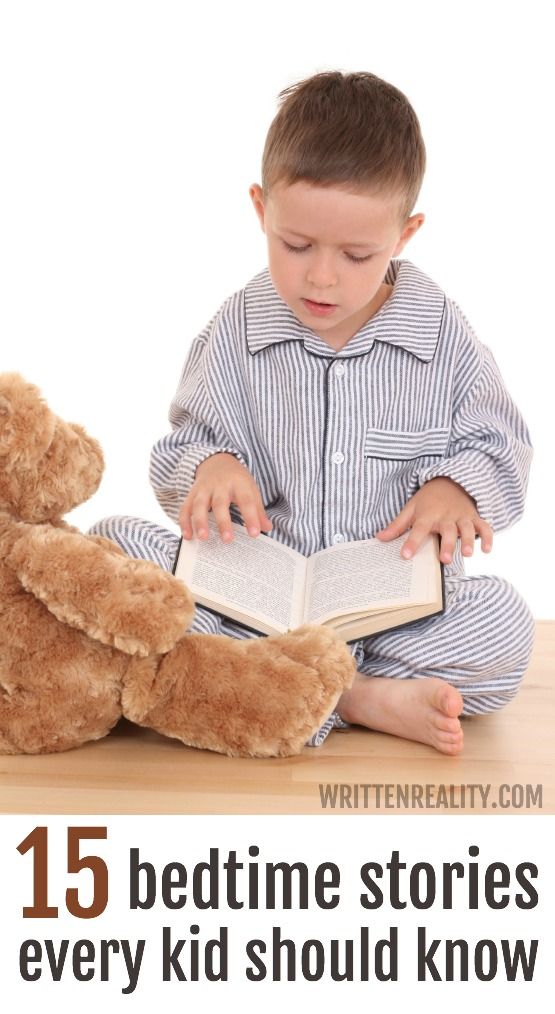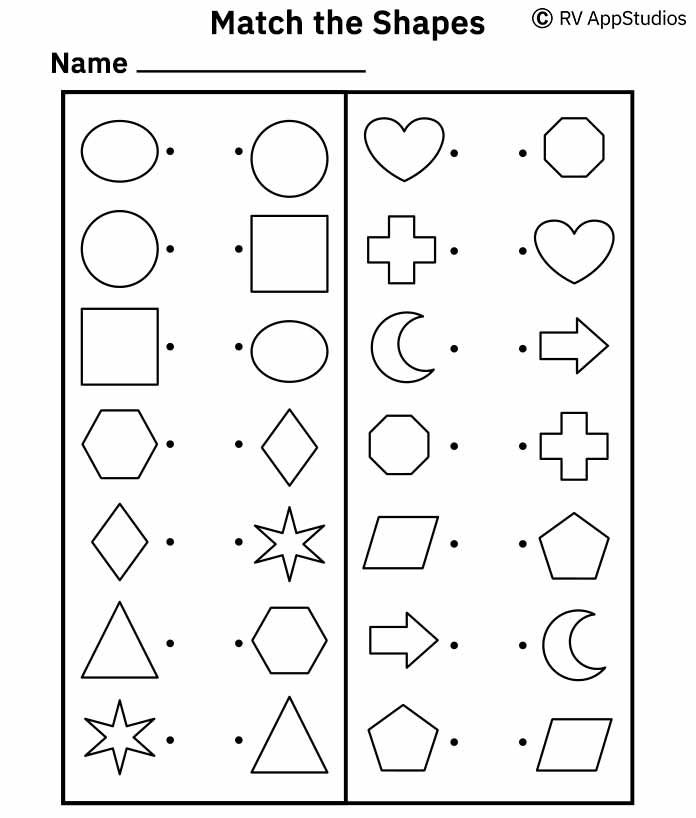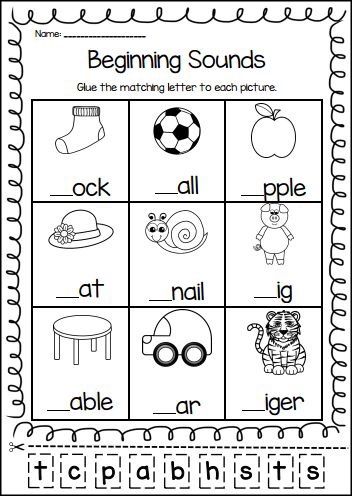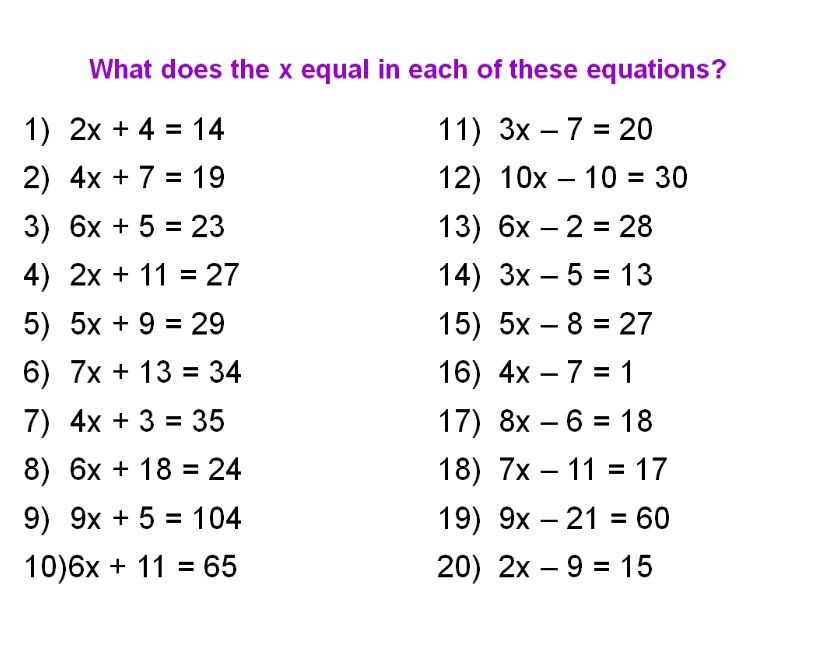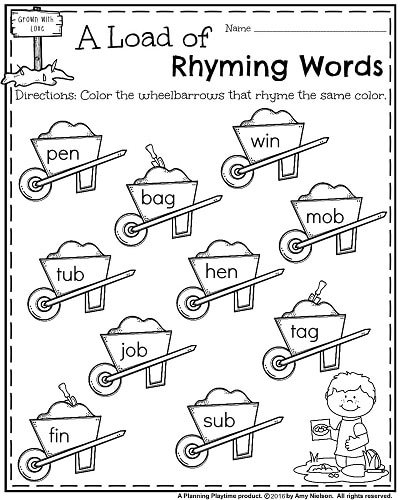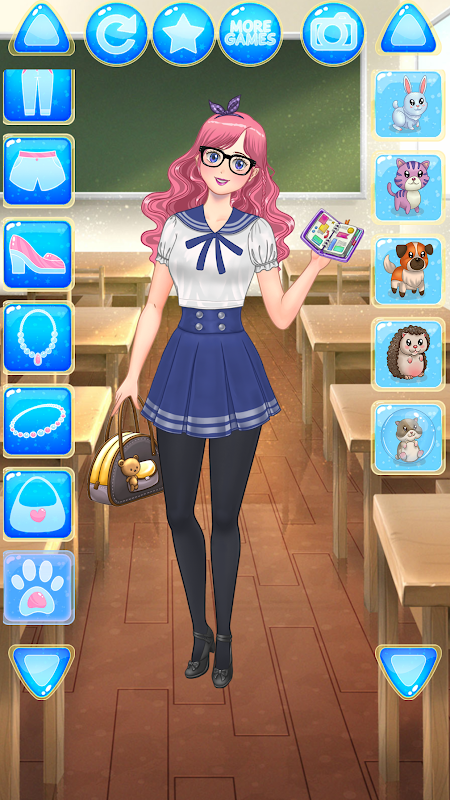Goldilocks and the three bears story
Goldilocks and the Three Bears
Goldilocks and the Three Bears was originally titled The Story of the Three Bears, published in the collection English Fairytales, retold by Flora Annie Steel (1922), illustrated by Arthur Rackham. We hope you think it's not too hot, not too cold, but JUST RIGHT!
This story is featured in our Favorite Fairy Tales.
Once upon a time there were three Bears, who lived together in a house of their own, in a wood. One of them was a Little Wee Bear, and one was a Middle-sized Bear, and the other was a Great Big Bear. They had each a bowl for their porridge; a little bowl for the Little Wee Bear; and a middle-sized bowl for the Middle-sized Bear; and a great bowl for the Great Big Bear. And they had each a chair to sit in; a little chair for the Little Wee Bear; and a middle-sized chair for the Middle-sized Bear; and a great chair for the Great Big Bear. And they had each a bed to sleep in; a little bed for the Little Wee Bear; and a middle-sized bed for the Middle-sized Bear; and a great bed for the Great Big Bear.
One day, after they had made the porridge for their breakfast, and poured it into their porridge-bowls, they walked out into the wood while the porridge was cooling, that they might not burn their mouths by beginning too soon, for they were polite, well-brought-up Bears. And while they were away a little girl called Goldilocks, who lived at the other side of the wood and had been sent on an errand by her mother, passed by the house, and looked in at the window. And then she peeped in at the keyhole, for she was not at all a well-brought-up little girl. Then seeing nobody in the house she lifted the latch. The door was not fastened, because the Bears were good Bears, who did nobody any harm, and never suspected that anybody would harm them. So Goldilocks opened the door and went in; and well pleased was she when she saw the porridge on the table. If she had been a well-brought-up little girl she would have waited till the Bears came home, and then, perhaps, they would have asked her to breakfast; for they were good Bears—a little rough or so, as the manner of Bears is, but for all that very good-natured and hospitable.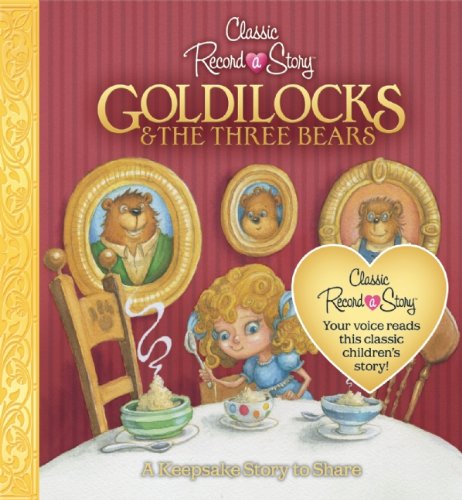 But she was an impudent, rude little girl, and so she set about helping herself.
But she was an impudent, rude little girl, and so she set about helping herself.
First she tasted the porridge of the Great Big Bear, and that was too hot for her. Next she tasted the porridge of the Middle-sized Bear, but that was too cold for her. And then she went to the porridge of the Little Wee Bear, and tasted it, and that was neither too hot nor too cold, but just right, and she liked it so well that she ate it all up, every bit!
Then Goldilocks, who was tired, for she had been catching butterflies instead of running on her errand, sate down in the chair of the Great Big Bear, but that was too hard for her. And then she sate down in the chair of the Middle-sized Bear, and that was too soft for her. But when she sat down in the chair of the Little Wee Bear, that was neither too hard nor too soft, but just right. So she seated herself in it, and there she sate till the bottom of the chair came out, and down she came, plump upon the ground; and that made her very cross, for she was a bad-tempered little girl.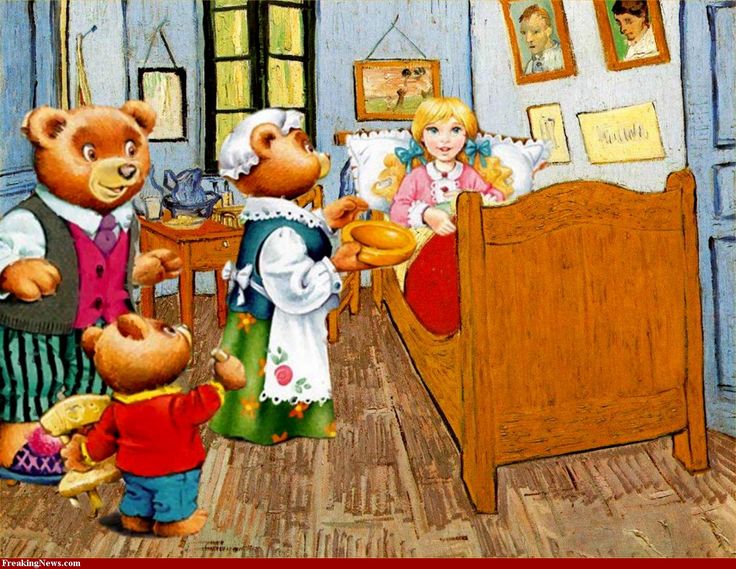
Now, being determined to rest, Goldilocks went upstairs into the bedchamber in which the Three Bears slept. And first she lay down upon the bed of the Great Big Bear, but that was too high at the head for her. And next she lay down upon the bed of the Middle-sized Bear, and that was too high at the foot for her. And then she lay down upon the bed of the Little Wee Bear, and that was neither too high at the head nor at the foot, but just right. So she covered herself up comfortably, and lay there till she fell fast asleep.
By this time the Three Bears thought their porridge would be cool enough for them to eat it properly; so they came home to breakfast. Now careless Goldilocks had left the spoon of the Great Big Bear standing in his porridge.
"SOMEBODY HAS BEEN AT MY PORRIDGE!"
said the Great Big Bear in his great, rough, gruff voice.
Then the Middle-sized Bear looked at his porridge and saw the spoon was standing in it too.
"SOMEBODY HAS BEEN AT MY PORRIDGE!"
said the Middle-sized Bear in his middle-sized voice.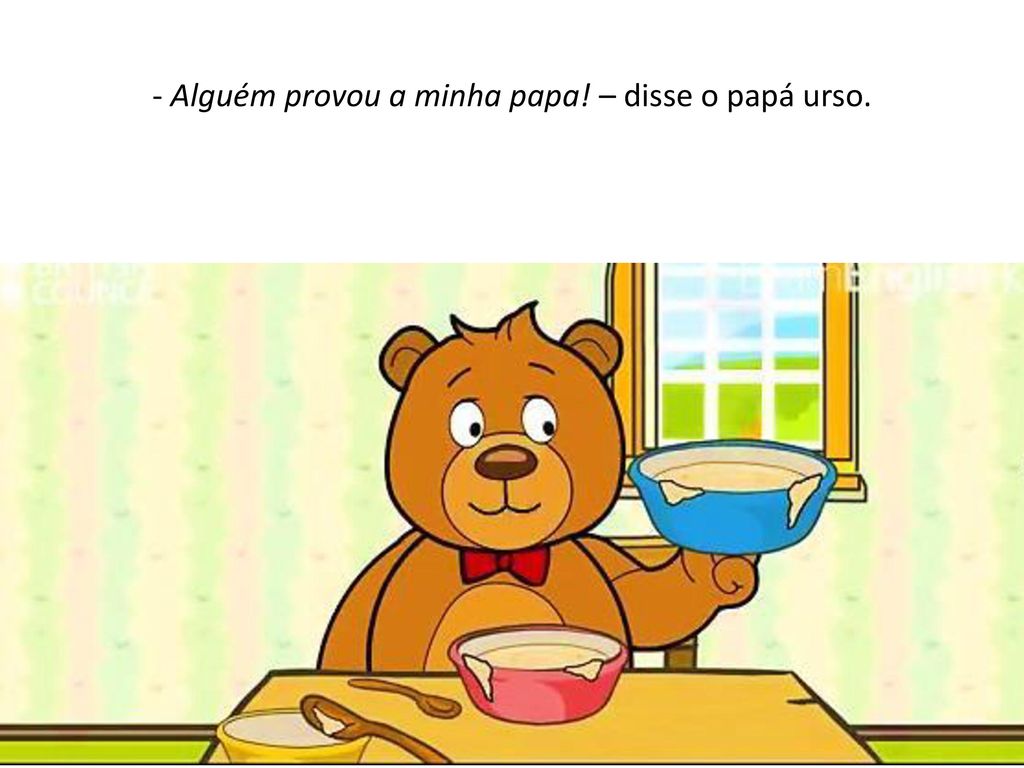
Then the Little Wee Bear looked at his, and there was the spoon in the porridge-bowl, but the porridge was all gone!
"SOMEBODY HAS BEEN AT MY PORRIDGE, AND HAS EATEN IT ALL UP!"
said the Little Wee Bear in his little wee voice.
Upon this the Three Bears, seeing that some one had entered their house, and eaten up the Little Wee Bear's breakfast, began to look about them. Now the careless Goldilocks had not put the hard cushion straight when she rose from the chair of the Great Big Bear.
"SOMEBODY HAS BEEN SITTING IN MY CHAIR!"
said the Great Big Bear in his great, rough, gruff voice.
And the careless Goldilocks had squatted down the soft cushion of the Middle-sized Bear.
"SOMEBODY HAS BEEN SITTING IN MY CHAIR!"
said the Middle-sized Bear in his middle-sized voice.
"SOMEBODY HAS BEEN SITTING IN MY CHAIR, AND HAS SATE THE BOTTOM THROUGH!"
said the Little Wee Bear in his little wee voice.
Then the Three Bears thought they had better make further search in case it was a burglar, so they went upstairs into their bedchamber.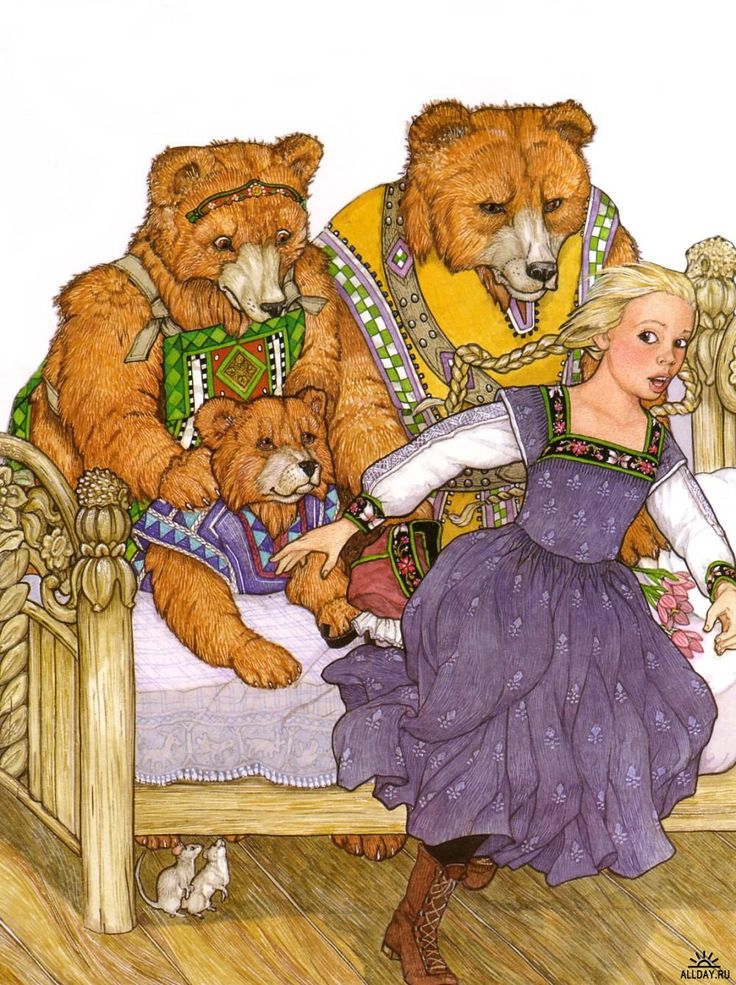 Now Goldilocks had pulled the pillow of the Great Big Bear out of its place.
Now Goldilocks had pulled the pillow of the Great Big Bear out of its place.
"SOMEBODY HAS BEEN LYING IN MY BED!"
said the Great Big Bear in his great, rough, gruff voice.
And Goldilocks had pulled the bolster of the Middle-sized Bear out of its place.
"SOMEBODY HAS BEEN LYING IN MY BED!"
said the Middle-sized Bear in his middle-sized voice.
But when the Little Wee Bear came to look at his bed, there was the bolster in its place! And the pillow was in its place upon the bolster!
And upon the pillow——?
There was Goldilocks's yellow head—which was not in its place, for she had no business there.
"SOMEBODY HAS BEEN LYING IN MY BED,—AND HERE SHE IS STILL!"
said the Little Wee Bear in his little wee voice.
Now Goldilocks had heard in her sleep the great, rough, gruff voice of the Great Big Bear; but she was so fast asleep that it was no more to her than the roaring of wind, or the rumbling of thunder. And she had heard the middle-sized voice of the Middle-sized Bear, but it was only as if she had heard some one speaking in a dream. But when she heard the little wee voice of the Little Wee Bear, it was so sharp, and so shrill, that it awakened her at once. Up she started, and when she saw the Three Bears on one side of the bed, she tumbled herself out at the other, and ran to the window. Now the window was open, because the Bears, like good, tidy Bears, as they were, always opened their bedchamber window when they got up in the morning. So naughty, frightened little Goldilocks jumped; and whether she broke her neck in the fall, or ran into the wood and was lost there, or found her way out of the wood and got whipped for being a bad girl and playing truant, no one can say. But the Three Bears never saw anything more of her.
But when she heard the little wee voice of the Little Wee Bear, it was so sharp, and so shrill, that it awakened her at once. Up she started, and when she saw the Three Bears on one side of the bed, she tumbled herself out at the other, and ran to the window. Now the window was open, because the Bears, like good, tidy Bears, as they were, always opened their bedchamber window when they got up in the morning. So naughty, frightened little Goldilocks jumped; and whether she broke her neck in the fall, or ran into the wood and was lost there, or found her way out of the wood and got whipped for being a bad girl and playing truant, no one can say. But the Three Bears never saw anything more of her.
If you enjoyed this story, you might find something else you like in our collection of Children's Stories. Also featured in Pre-K Read-Aloud Stories
Goldilocks and the Three Bears ~ Bedtime Stories for Kids
Thanks to Artist, yehachan
This is the fairy tale story of Goldilocks and the Three Bears with a modern twist.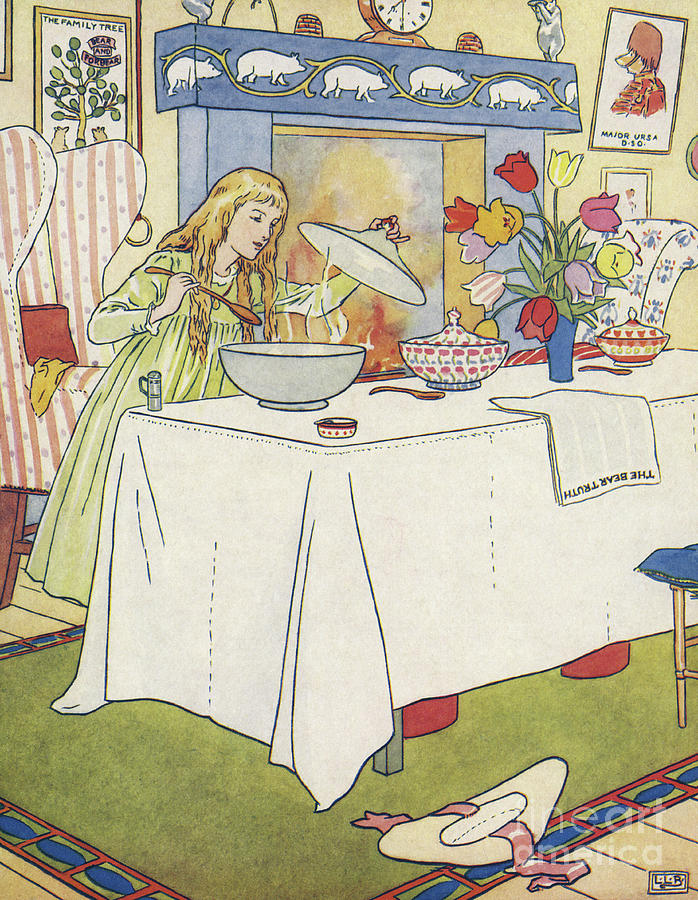 It is brought to you by Stories to Grow by. Check out our other great stories!
It is brought to you by Stories to Grow by. Check out our other great stories!
Listen to the story while you read along!
Once upon a time a girl named Goldilocks lived in a house at the edge of the woods. In those days curls of hair were called "locks." She was "Goldilocks" because golden hair ran down her head and shoulders.
One morning Goldilocks was out for a walk when she came across a beautiful bird. She followed that bird right into the woods, where her mother had said many times she must never go. But Goldilocks didn’t think of that.
Thanks to Artist, JoannaPasek
Deeper and deeper into the woods she went. But where was the bird? It was nowhere to be seen. Goldilocks looked around. That's when she knew she was lost.
But a house was not far away. “I wonder who lives there,” she thought, "so deep into the woods." She went up and knocked on the door.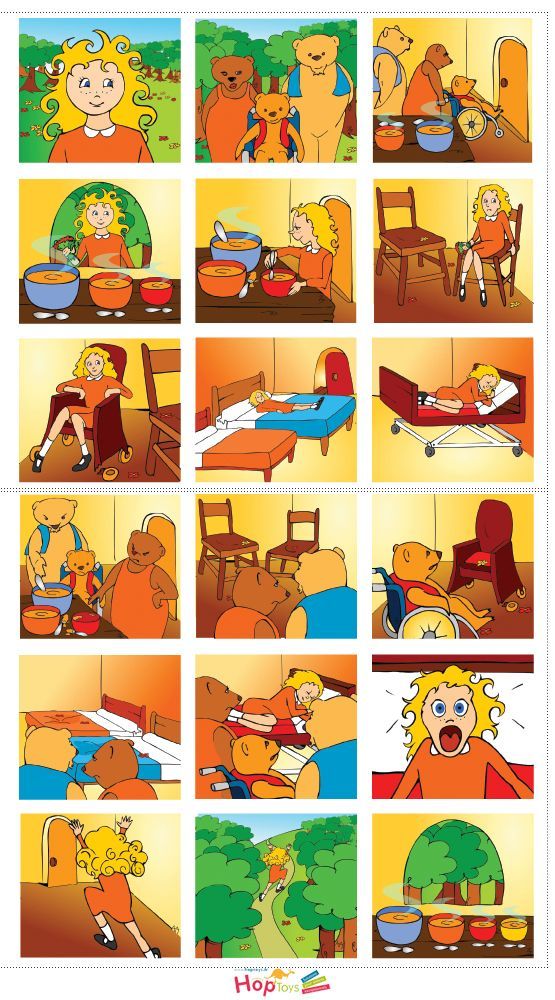 No answer. She knocked again. Still no answer. Goldilocks knocked a third time and the door opened. But no one was behind the door.
No answer. She knocked again. Still no answer. Goldilocks knocked a third time and the door opened. But no one was behind the door.
“Well, the door is already open,” said the girl. “So I may as well go in.”
Goldilocks smelled a wonderful smell, and soon knew why. On the table were three steaming bowls of oatmeal. All of a sudden she realized how very hungry she was.
What Goldilocks did not know, however, is that three bears lived in this house. In fact, that very morning the three bears had sat down to their bowls of oatmeal but the cereal was too hot. So they had decided to take a short walk. They said to each other, "By the time we return home our oatmeal will be perfect."
Gazing at the steaming bowls of oatmeal, Goldilocks thought, “I'm sure whoever lives here won’t mind if I take just one sip.” She sat at the first chair and took a sip. “Ah!” she said, “it is too hot.”
She moved to the next bowl and took a sip. “Ah!” she said, “it is too cold.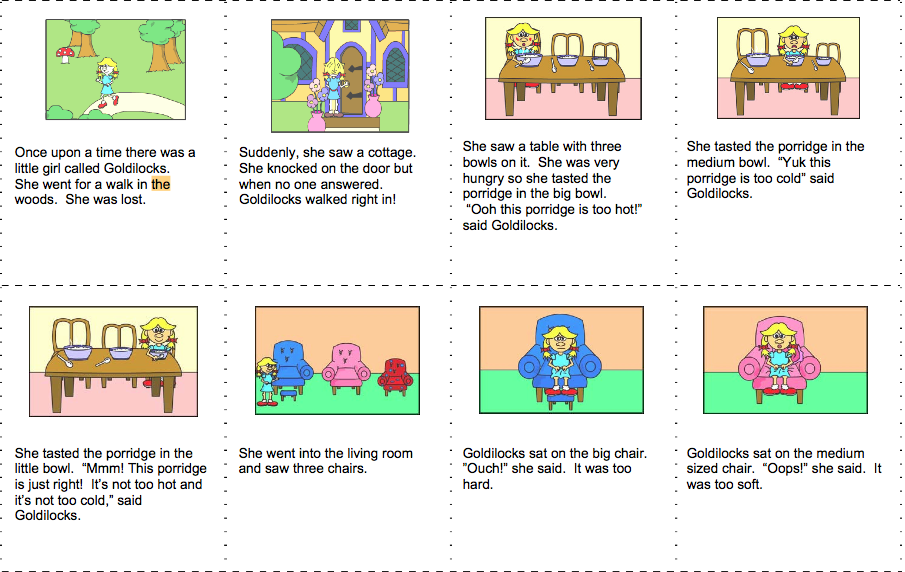 ”
”
Thanks to Artist, JoannaPasek
She moved to the third bowl and took a sip. “It is just right!” And before she knew it, the oatmeal was all gone.
Goldilocks rubbed her tummy. “I'm full! I must find somewhere to sit that's more comfortable.”
She went to the living room. Three chairs were lined up in a row – one big chair, one medium-sized chair, and a wee little chair.
“I'm sure whoever lives here will not mind if I sit on just one chair,” said Goldilocks. She sat on the big chair, but it was too hard.
“The next chair looks good,” said Goldilocks. She moved to the medium-sized chair, but it was too soft.
“The wee little chair looks better,” said the girl. She sat on the little chair and it was just right! But when Goldilocks leaned back a bit, the chair broke into a dozen pieces. She plopped right on the floor.
“Oh, no!” Goldilocks wailed. Then she yawned. There must be somewhere she could lie down for a short nap.
There must be somewhere she could lie down for a short nap.
The girl saw a ladder and climbed it to an attic. In a row, three beds were lined up – one big bed, one medium-sized bed, and a wee little bed.
“I'm sure whoever lives here won’t mind if I lay down for just a short nap,” she said. She laid down on the big bed but it was too hard. She laid down on the medium-sized bed but it was too soft. The girl laid down on the wee little bed, and it was just right! As her head hit the pillow, Goldilocks was fast asleep.
Just then, the three bears came home from their walk. "Oh, my!" said Mama Bear. “Did either of you leave the front door open?”
“Not I,” said Papa Bear.
"Not I," said Little Bear.
Slowly the three bears stepped inside and looked around.
“Most odd!” said Papa Bear, seeing his spoon in his bowl. “Someone has been eating my oatmeal!”
“Most odd indeed!” said Mama Bear, also seeing her spoon in her bowl.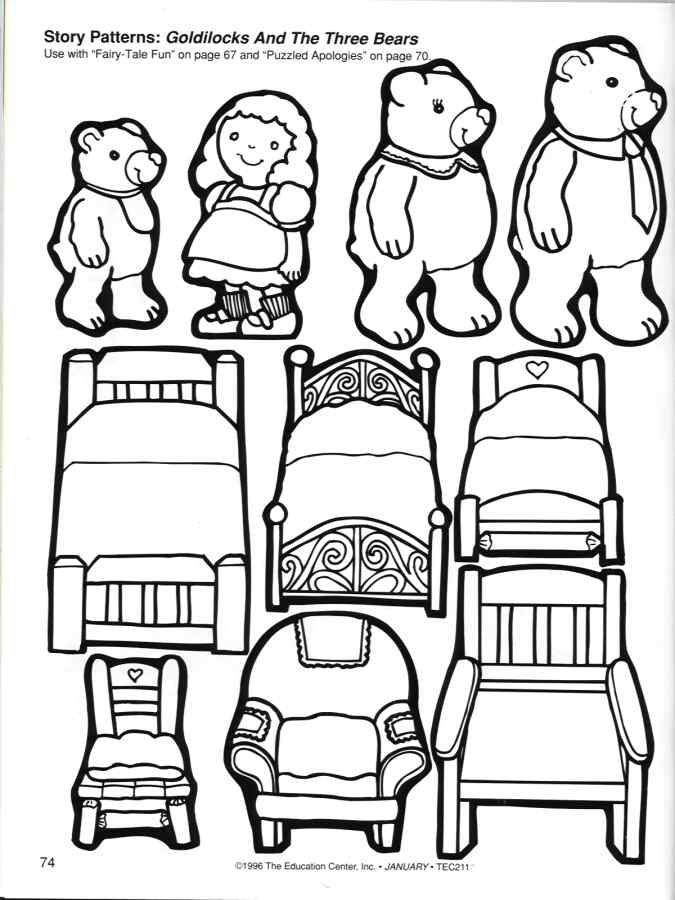 “Someone has been eating my oatmeal!”
“Someone has been eating my oatmeal!”
“This is the most odd of all!” said Little Bear. “Someone has been eating my oatmeal and they ate it all up!”
The three bears were very surprised, as you can imagine. With care, they stepped into their living room.
“Do you think someone was sitting in my chair?” said Papa Bear.
“I know someone was sitting in my chair,” said Mama Bear, “because I can see the seat cushion is pushed down.”
“And I know someone was sitting in my chair!” said Little Bear. “Because it’s all broken!”
Thanks to Artist, Joannapasek
The three bears were even more surprised at that! They climbed the ladder to their attic.
“Someone has been sleeping on my bed,” said Papa Bear, who could see that his blankets were moved.
“Someone has been sleeping on my bed, too,” said Mama Bear, who could also see that her blankets were moved.
“Someone has been sleeping on my bed,” said Little Bear.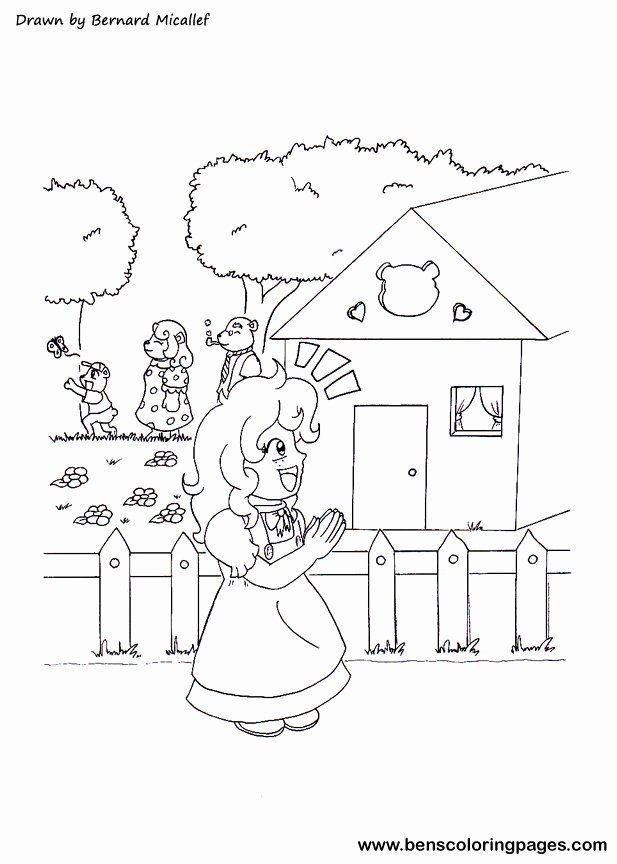 “And look - she is still there!”
“And look - she is still there!”
Goldilocks bolted awake. Three bears were looming over her, and they did not look happy.
Thanks to Artist, Joannapasek
“Oh my!” said Goldilocks, jumping out of bed. As quick as she could, she climbed down the ladder and ran out the front door.
Little Bear chased after her. "Wait, please!"
Goldilocks stopped and turned around.
"Tell me," said Little Bear, “Why did you come inside our house?”
“I guess I didn’t think–,“ said Goldilocks.
“And why did you eat my oatmeal?” said Little Bear.
“Well I guess I didn’t think–,“ said Goldilocks.
“And why did you break my chair and sleep in my bed?” said Little Bear.
“Well I guess I didn’t think about that, either,” said Goldilocks.
They were silent.
Goldilocks said, “I suppose I could have waited outside your door.”
“We were coming right home,” said Mama Bear.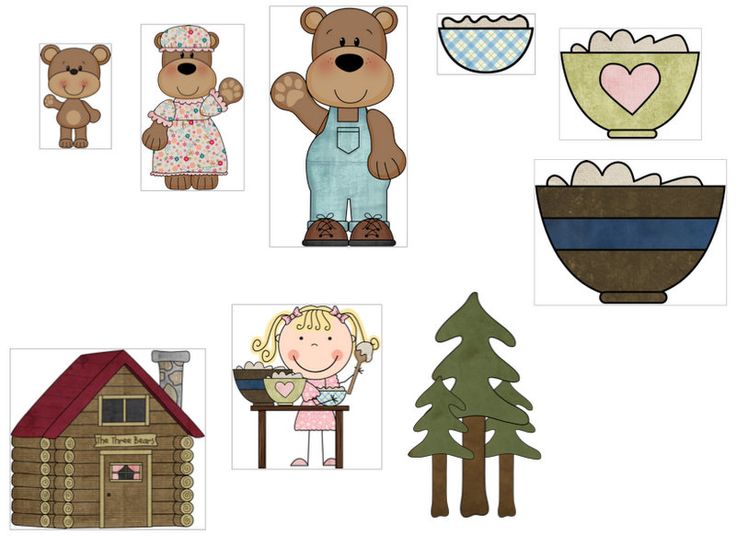 "We might have invited you in if we knew you were hungry."
"We might have invited you in if we knew you were hungry."
“I’m sorry about the chair,” said Goldilocks. “I guess you saw it broke.”
"Yep," said Mama Bear with a frown.
“I’m good at fixing things,” said Goldilocks, “If you have glue.”
“Of course we have glue!” said Papa Bear. “What kind of bears do you think we are?”
“I will make it up to you!” said Goldilocks.
“Come on in then, dear,” said Mama Bear.
“We'll start over,” said Papa Bear with a nod.
“Come in, come in!” said Little Bear, jumping up and down.
With smiles, they skipped together inside the Bear’s house.
Goldilocks and the Three Bears: aneitis — LiveJournal
"As Carl Levi-Strauss wrote: 'Let's start with the facts'"Let's follow this motto.
In his article, Leonid Chernov writes: "The fairy tale "Three Bears" today is perceived and presented as a folk tale, but meanwhile, it was invented by Tolstoy and is purely his author's work.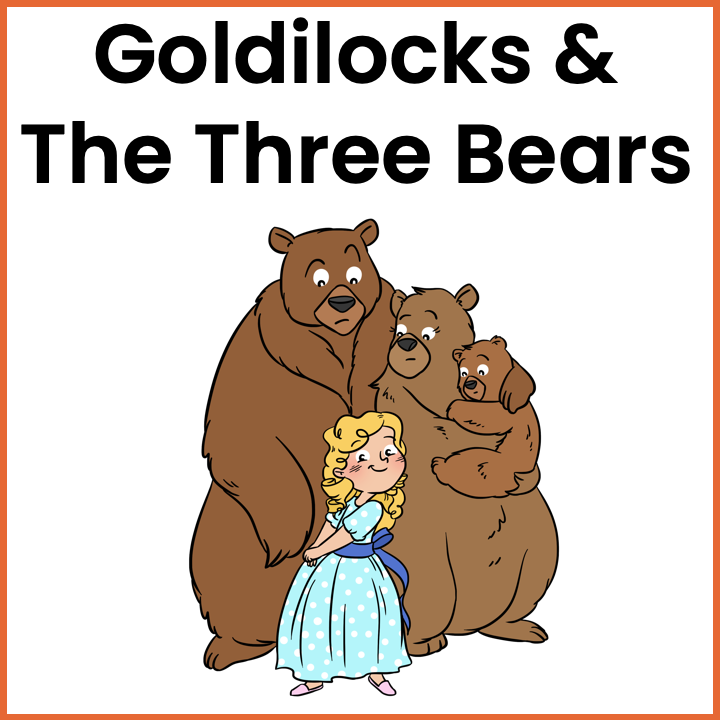 Tolstoy's talent and the irony of time do their job in relation to this particular fairy tale - this tale is perceived as a folk tale" .
Tolstoy's talent and the irony of time do their job in relation to this particular fairy tale - this tale is perceived as a folk tale" .
He is right about one thing - the fairy tale is really perceived as a folk tale. True, Tolstoy's talent has nothing to do with it, because it is popular. After looking through the collections of "Russian Folk Tales" by A. N. Afanasyev and not finding anything similar to the plot of "The Three Bears", Chernov, with his characteristic courage, comes to the conclusion: "there must be a primary source, and since it was not possible to find it, we believe, that it simply does not exist, and we consider this tale to be the work of Tolstoy" .
He believes so in vain - just in those blessed times of a careless attitude towards copyright, Tolstoy did not consider it necessary to mention the original source, and how could one guess that one should look for it not in Russian folklore, but in English. Now Wikipedia will tell anyone who is interested that this is a popular English fairy tale, well known since at least the beginning of 19centuries.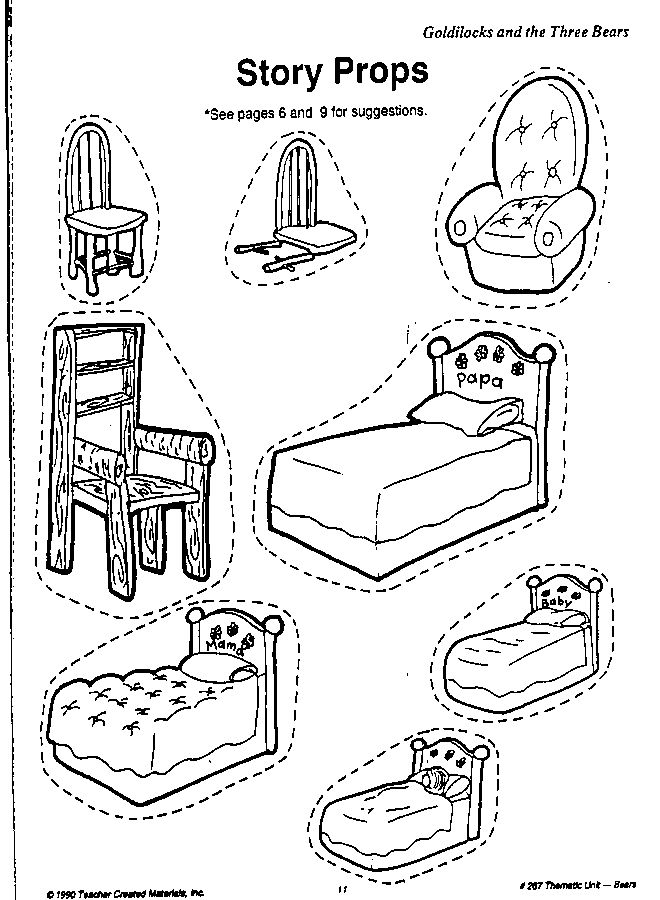 However, in the pre-Internet era, it was probably not so easy to find out about this, and even now few people are interested, and therefore few people know. At best, they will remember that Tolstoy wrote it, but usually they continue to consider it Russian folk.
However, in the pre-Internet era, it was probably not so easy to find out about this, and even now few people are interested, and therefore few people know. At best, they will remember that Tolstoy wrote it, but usually they continue to consider it Russian folk.
I also thought so and was quite surprised by this discovery when G. Spirin's book "Goldilocks and the Three Bears" fell into my hands:
The Three Bears is really an English fairy tale? - no one knew, and everyone was also very surprised)
But unexpectedly, the overseas origin is not the most surprising thing in the history of this tale. She is amazing in itself, if you look closely, here Leonid Chernov is right again, and how right.
This fairy tale really stands out from the series of fairy tales about a girl who ended up in the forest, and there are many such: about Masha and the bear, about Snegurushka, about Snow White, about the dead princess, about Morozko, etc.
Firstly, the heroine impersonal.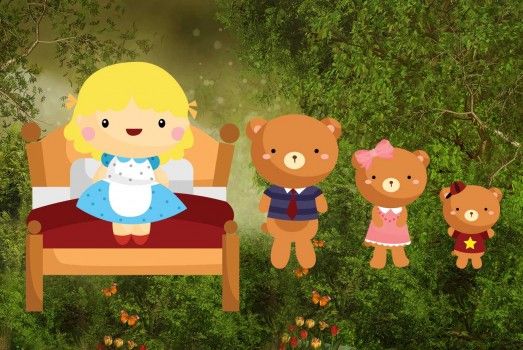 Nothing is said about her, she doesn't even have a name. It is not known how she got into the forest. That is, it is mentioned that she “left home for the forest” and got lost there, but we don’t know why she left - did her evil stepmother kick her out, did she run away herself, or simply went into the forest “for mushrooms, for berries”, but Why was she alone then? Such an ontogenetic gap is completely uncharacteristic of fairy tales - some description of the initial situation and motivation for the actions of the heroine is always given.
Nothing is said about her, she doesn't even have a name. It is not known how she got into the forest. That is, it is mentioned that she “left home for the forest” and got lost there, but we don’t know why she left - did her evil stepmother kick her out, did she run away herself, or simply went into the forest “for mushrooms, for berries”, but Why was she alone then? Such an ontogenetic gap is completely uncharacteristic of fairy tales - some description of the initial situation and motivation for the actions of the heroine is always given.
Secondly, having got into a strange house in a dense forest, the girl again behaves completely uncharacteristically. That is, it is not typical for a positive heroine, who in such a situation must show all her best sides: be modest, show housekeeping and care - tidy up, cook dinner (and not eat someone else's) and wait for the owners to return. The girl in The Three Bears behaves exactly like a "bad sister", whose repulsive behavior in such tales is only intended to shade the virtues of the main character. But the bad sister at the end of the tale will certainly be punished.
But the bad sister at the end of the tale will certainly be punished.
However, thirdly, there is no punishment for wrong behavior at the end of the tale. The girl, who has pissed on a cute bear family for nothing, just jumps out the window and runs away - "and the bears did not catch up with her." It is not clear whether the girl is a positive heroine or a negative one.
It is pointless to look for answers to all these questions from Tolstoy, since he only made a slightly adapted translation without making any significant changes, so you have to turn to the original version. To begin with, to the same Russian translation of an English fairy tale made by G. Spirin (you can see it in full here).
And then the first surprise awaited me. The tale of Goldilocks and the three bears does not begin with Goldilocks at all, but with bears!
x
And this is not a trifle - after all, in this case, according to the logic of a fairy tale, the main characters are bears, and not a girl.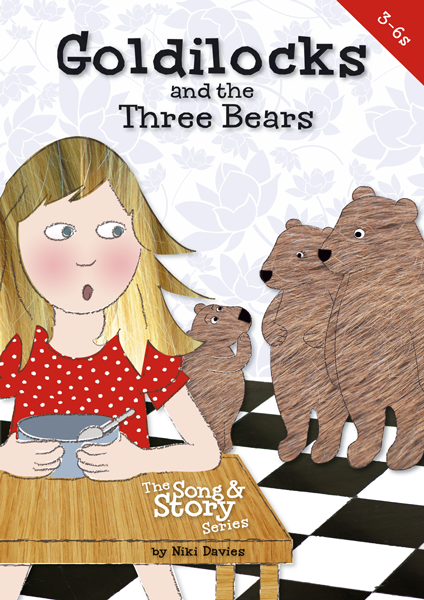 And the initial situation turns out to be in place - it describes the life of bears:
And the initial situation turns out to be in place - it describes the life of bears:
True, no clear explanations of the reason for the appearance of Goldilocks in the forest are given here either: she invades the narrative just as unexpectedly as in the house of bears:
A little girl walks alone in the forest, wanders to an unfamiliar house and climbs in the window! Where are her parents and what are they thinking? This question remains as yet unanswered.
On the other hand, it becomes clear that the same initial situation is actually preserved in Tolstoy's fairy tale, albeit in a truncated form. He simply removed her from her rightful place at the beginning of the tale, which is why she was no longer perceived by readers as the original one. Why did he do it? Obviously, in order to make the main character a girl, not bears. And this is logical: it is the girl who is the only active character here. Bears, in the English version, formally occupying the place of the main characters, behave passively throughout the story: they are only indignant, discovering new traces of intrusion into their home, and only the most injured baby bear cub tries to bite the girl, who, however, manages to escape with impunity from angry bears.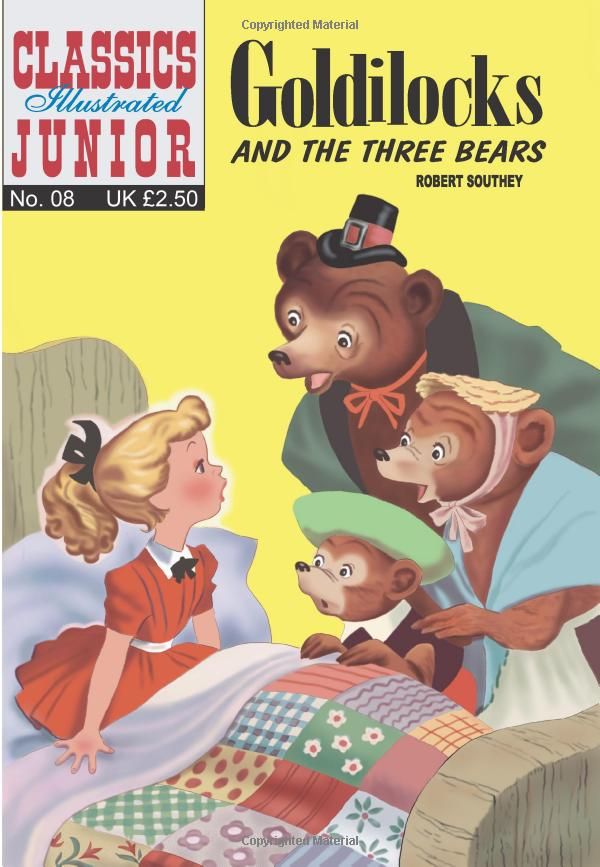
A strange picture emerges: the adults in this tale are completely passive and helpless. The girl's absent parents neglect her upbringing and safety concerns, leaving her free to roam where she pleases, behave inappropriately and get herself into dangerous situations; the bear cub's parents do not try to protect him: the baby, who has experienced a real shock - his dinner is eaten, his high chair is broken, his bed is occupied by an alien - is forced to independently defend his place in his home. Children do not receive instructions, support, or evaluation of their behavior from anyone. Finally, the girl disappears into the forest as mysteriously as she appeared: it is not known whether she got home (and whether she has one at all) and whether she (and the child-listener with her) made the conclusion from what happened that it is possible encroach on someone else's property with impunity and you won't get anything for it, the main thing is to run away in time. However, it is quite possible that a prosperous child will associate himself more with a bear cub who has parents, a house, a blue cup, a high chair with a blue pillow and his own bed, than with a homeless girl who has arisen out of nowhere and violates all established rules, and in this case he will be left wondering why her misbehavior had no consequences.
The result of the tale is so unsatisfactory that parents and educators feel obliged to complete the "correct" beginning and end - or at least conduct an educational conversation after reading to make sure that the child does not draw undesirable conclusions. This often manifests itself when transferring a fairy tale to the screen. In our 1958 cartoon, the girl gets a name and a grandmother, who gives her granddaughter the necessary instructions at the beginning and the necessary teachings at the end:
However, we have another, not so straightforward version 1984 years old - in it the original interpretation is achieved by other methods:
In numerous English cartoons at the end it is always emphasized that Goldilocks was very scared and never went into the forest again.
However, it is worth mentioning that not always everything ended so happily for Goldilocks: in some early versions, the bears ate her. However, now the girl simply explains that she was hungry and tired, repents and asks for forgiveness, and the softened bears send the bear cub to accompany her home.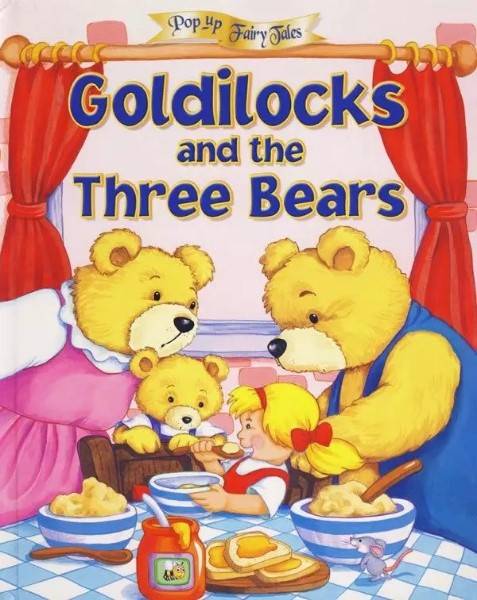
In one variation, Goldilocks and the bear cub then play together and become friends.
In another, mom is shown pouring porridge out of her bowl for a baby bear, while dad is fixing his chair.
The girl has a house and a mother who reminds her that she should not go into the forest (or at least go far), and it is noteworthy that often the story begins with a show not of the bear's house, but of Goldilocks, that is, she moves to her the rightful place of the main character.
It remains unclear why the original story exists in such an "unfinished" form, clearly in need of improvement.
Leonid Chernov, who considers Tolstoy the author of the tale, believes that Tolstoy “trimmed” it deliberately, prompting parents to invent the missing elements on their own. I don’t know why Tolstoy would have this, who even included multi-page explanations and teachings in his works for adults, not trusting the reader to draw conclusions on his own, but we already know that Tolstoy only translated a folk tale (and it’s rather surprising that he didn’t add anything from myself).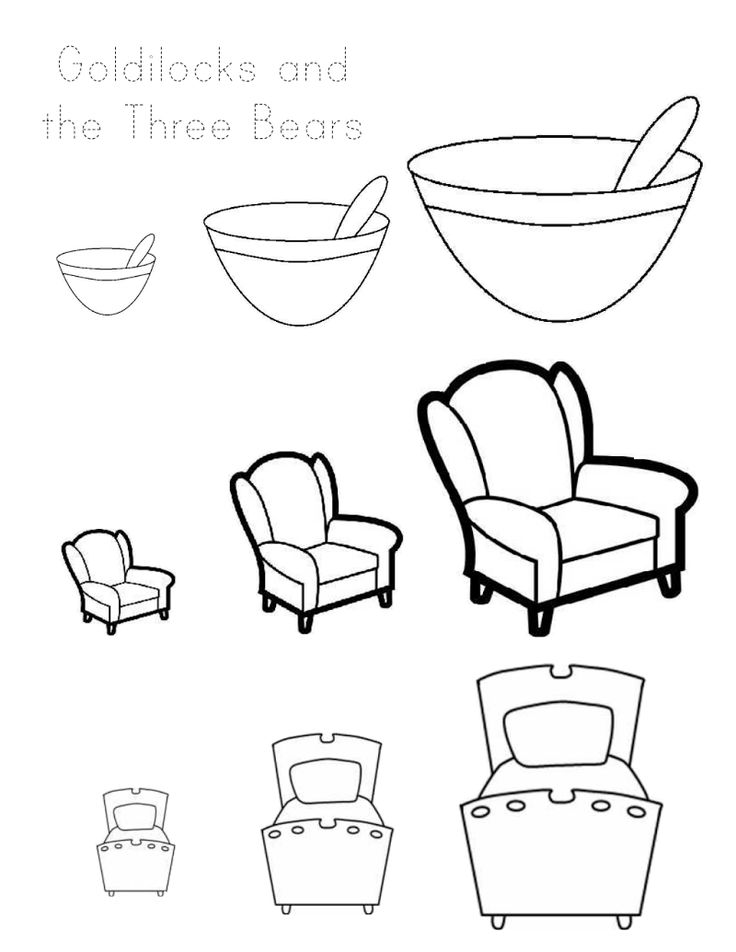 And for folklore, such semi-finished products are completely uncharacteristic.
And for folklore, such semi-finished products are completely uncharacteristic.
I had to dig further - the explanation could be found in older versions of the tale, because sometimes the story undergoes significant changes over time.
And then a second surprise awaited.
Goldilocks and the Three Bears in English
- Main
- Tales in English with translation
- "Goldilocks and the Three Bears" in English
Fairy tale "Goldilocks and the Three Bears" in English is a popular English fairy tale for children. The fairy tale tells about a girl who went into the forest and got lost, and then the events fluttered more and more interesting. The tale in English is adapted and easy to read. You get a large vocabulary and good English practice.
Translation of the fairy tale "Goldilocks and the Three Bears"
Goldilocks and the Three Bears
This story is about a little girl.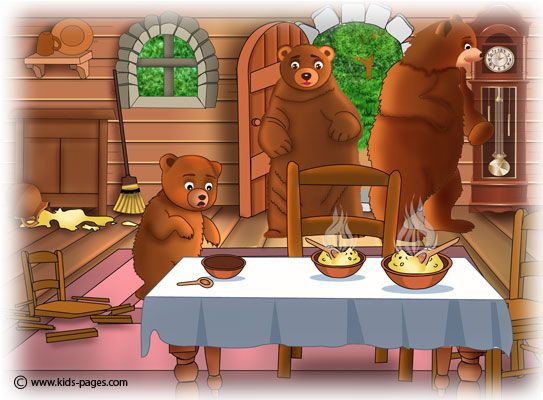
Her name is Goldilocks.
Her hair color is like gold.
Everyone loves her.
Every day she walks in her village.
"Hello, Goldilocks! How are you?"
everyone asks.
Goldilocks smiles and answers:
"Good. How are you?"
Goldilocks is having dinner with her mother.
She asks: "Mother, why is the forest bad?"
"There are dangerous animals in the forest, Goldilocks.
Don't go there!" says her mother.
But Goldilocks wants to go there.
She wants to see the animals.
She wants to look at the trees and flowers in the forest.
Every day she thinks about the forest.
Translation of the fairy tale "Goldilocks and the Three Bears"
Goldilocks and the Three Bears - Part 2
The next day, Goldilocks is talking to her mother.
"Mother, I'm going to Alice's house," she says.
But Goldilocks is not going to Alice's house.
She's going to go to the forest!
The blacksmith sees her and says:
"Hello, Goldilocks.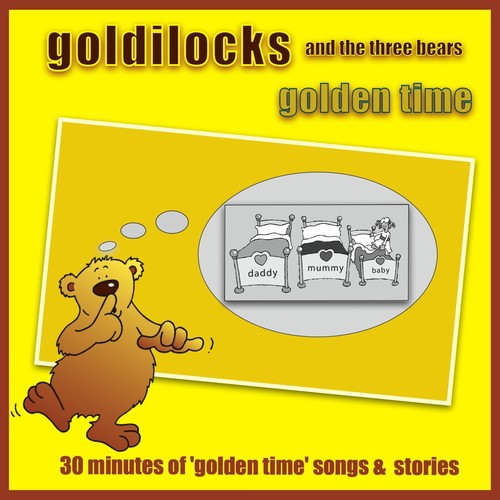 Where are you going?"
Where are you going?"
But Goldilocks doesn't answer.
She quickly leaves the village.
She walks in the forest.
She sees green trees,
beautiful birds and butterflies.
She sees a squirrel and a rabbit.
"Beautiful forest!" she says.
"He's not dangerous!"
Goldilocks plays with the animals.
She looks at the beautiful trees and flowers.
After an hour, Goldilocks is hungry and thirsty.
She sees a house in the forest.
"I can ask them for water," she thinks.
She goes to the house and knocks on the door.
Translation of the fairy tale "Goldilocks and the Three Bears"
Goldilocks and the Three Bears - Part 3
She listens for a minute and opens the door.
The house is beautiful and tidy.
She looks into the kitchen.
There is a table there.
There are three bowls of soup on the table.
Goldilocks is hungry.
She wants to eat soup.
Goldilocks tastes soup from the first bowl.
He is very hot! She tastes the soup
from the second bowl.
He is very cold!
She tries the soup from the third bowl.
It is very tasty. She eats all the soup.
And now Goldilocks is tired. She wants to sleep.
She goes to the bedroom.
There are three beds.
The first bed is very large.
The second bed is very old.
The third bed is very comfortable.
Goldilocks sleeps in the third bed.
Translation of the fairy tale "Goldilocks and the Three Bears"
Goldilocks and the Three Bears - Part 4
Soon, three brown bears enter the house.
They live there.
Every day before dinner they take a walk in the forest.
"My spoon is dirty!" Papa Bear says.
"My spoon is dirty!" says Mama Bear.
"My spoon is dirty, where is my soup?" asks Tiny Bear.
"Who's in our house?" Papa Bear says.
The bears enter the bedroom.
"My bed is not made" says Papa Bear.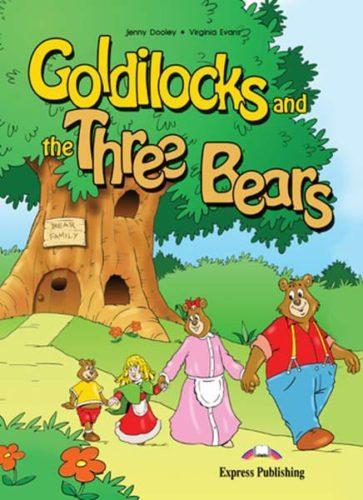
"My bed is not made" says Mama Bear.
"My bed is not made and there is a girl sleeping in it!"
says Tiny Bear.
"Who are you?" asks Papa Bear.
Goldilocks hears the bears.
She wakes up.
She sees three brown bears beside her.
"For help!" she screams.
"What are you doing here?"
asks Papa Bear.
"Are you... are you dangerous beasts?"
asks Goldilocks.
"Dangerous? Oh no, we're not dangerous"
says Mama Bear.
"We are good bears," says Tiny Bear.
Goldilocks is crying.
She wants to go home.
"I want to go home" she says
"I want to mom!"
Translation of the fairy tale "Goldilocks and the Three Bears"
Goldilocks and the Three Bears - Part 5
Mother Bear is very kind.
She says don't cry baby
Little Bear can take you to the village."
Goldilocks and Little Bear leave.
They quickly go to the forest.

